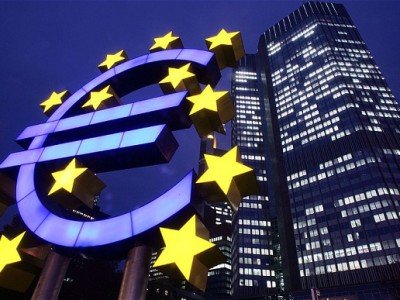Taking it to the Mat – What Will a Greek Exit Cost?
The Greek saga continues to play out, and this drama will likely be the case until the EU economy completely turns around or Greece leave the EU. History continues to repeat its and again it appears that Greece is at the point where the government institutes capital controls in an effort to avoid capital leaving Greek banks. This in turn will spill over into European banks and may eventually be the source of a global market correction.
It seems part of the campaign undertaken by the EU is to exert as much pressure on Greece as possible. But, it takes two to tango. If Greece is playing a brinkmanship game, then that is exactly what its official creditors are playing.
If Greece remains in the Eurozone without sticking to the rules, it will set a precedent that could change the look of the monetary union. On the other hand a default within the Eurozone is not impossible, but will be difficult without the backing of the ECB and the other countries.
The costs to the EU would be substantial especially to the official creditors as it is likely that Greece will continue to service its private loans. The Eurozone creditors may well determine that it is in their own best interest to talk about debt relief for Greece. If Greece were to default on all of its official-sector debt, France and Germany alone would stand to lose some 160 billion Euros. The creditors are rejecting any talks about debt relief now, but that may be different once Greece starts to default.
There is always the chance that there will be a breakthrough at the Eurogroup of finance ministers meeting. However, the concept that Greece is attempting to hold the rest of Europe over a barrel to avoid its debt payments has created a lot of anger. To actually orchestrate an exit, authorities would have to place pressure on Greece changing the opinion of the Greek people as there is currently no mechanism in place to force them out of the union.
There are other things that can be done to put pressure on Greece. The ECB could push back on increasing the ELA claiming that the banks are no longer solvent. The ECB could argue that the government’s guarantee is no longer valid making the collateral insufficient.
Regardless of how EU officials proceed, they are likely to lose more with a Greek exit than Greece. Greece will eventually land on its feet, and private creditors will also eventually return. The EU will be saddled with huge debt, which might rock the capital markets for years to come.
Risk warning: Forward Rate Agreements, Options and CFDs (OTC Trading) are leveraged products that carry a substantial risk of loss up to your invested capital and may not be suitable for everyone. Please ensure that you understand fully the risks involved and do not invest money you cannot afford to lose. Our group of companies through its subsidiaries is licensed by the Cyprus Securities & Exchange Commission (Easy Forex Trading Ltd- CySEC, License Number 079/07), which has been passported in the European Union through the MiFID Directive and in Australia by ASIC (Easy Markets Pty Ltd -AFS license No. 246566).











